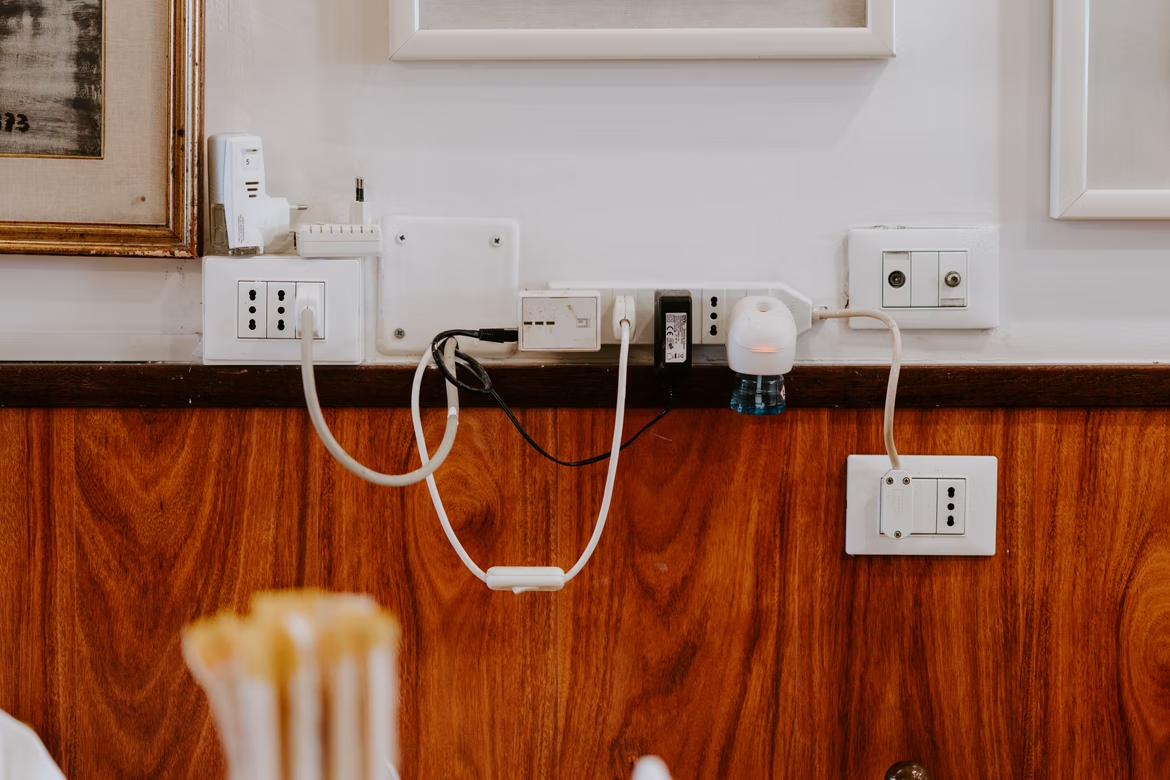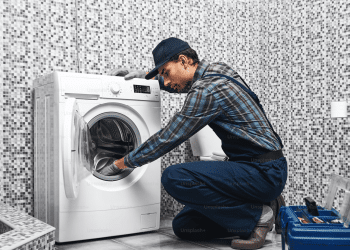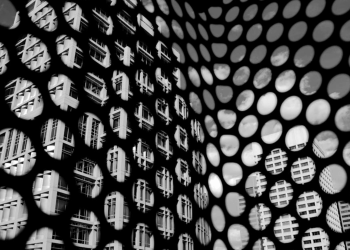Table of Contents

Prevention is better than cure, as the saying goes, and electrical upkeep is crucial for keeping your house safe from electrical hazards. The electrical wiring in your home deteriorates with time. Not only can faulty electricity cause damage to your home, but it may also cause harm to your household equipment, posing a serious safety risk to you and your family.
Keep in mind that many fires are caused by defective power. Ensuring your home’s power is in good working order will not only help things function smoothly in your home, but it will also keep you and your family safe. If you haven’t had your home’s electricity checked in a while, or if you suspect that your home’s electricity isn’t performing to its full potential, you should get it checked by a Round Rock electrician.
Here are some key electrical maintenance suggestions for keeping your house in the finest possible condition.
Label Your Circuit Breaker Correctly
Circuit breakers for your home’s electrical system are kept in a circuit breaker box. Every circuit in your home has a maximum power consumption that it can safely handle. Amps are the units of measurement for this power.
Circuit breakers turn the circuit off until the problem is repaired if the electrical wiring in a portion of your home has too much current running through it for any reason. Your circuit breaker box is one of your home’s most important saving graces since it temporarily resolves a problem that may have a disastrous outcome.
Breakers may be turned back on from the breaker box if they trip or cease operating. That said, it’s critical to know where your breaker box is and to have it properly labeled, so you know what you’re turning off and on.
Dim or Flickering Lights
Many homeowners are unaware that their circuit is likely overloaded when their lights flicker or fade. A circuit overload is likely to occur if too many plug adapters or extension cords are on the same circuit.
A heated circuit, burned insulation, or even a home fire might ensue if a circuit is not appropriately protected against overload. Dimmed television lights and sparks originating from appliances or wall outlets are other frequent symptoms of an overloaded circuit.
Have Enough Electrical Outlets
Almost everyone uses an extension cable in some part of their home, but this becomes a problem if you start using an extension cord in every room. For example, there should be one outlet for every 12 feet of wall. If your house is packed with extension cables, it’s time to upgrade your electrical outlets.
Unplug Appliances When Cleaning
Water and electricity should be kept as far apart as possible from one another. Water contains minerals that carry electricity. It’s very vital to disconnect your appliances when washing them with water because if you don’t, you risk electrocution when cleaning them.
Using Electrical Cables Outdoors
It is critical to utilize only extension cables designed for outdoor usage while utilizing power outside. You should never utilize the extension cables you use inside your home outside. Outdoor extension cables have connections molded into them to prevent moisture from getting inside.
Other important considerations while utilizing electrical cables outdoors include keeping them clear of dirt, ensuring that they are completely stretched and not coiled, and, of course, storing them inside when not in use.
Final Words
If not done properly, electrical work may be dangerous. The above-mentioned electrical maintenance advice ensures the safety of your property. It can save lives if routine maintenance is performed, since electricity can be harmful when misused or taken for granted. As a result, you should regularly examine and maintain your home’s electrical system.








